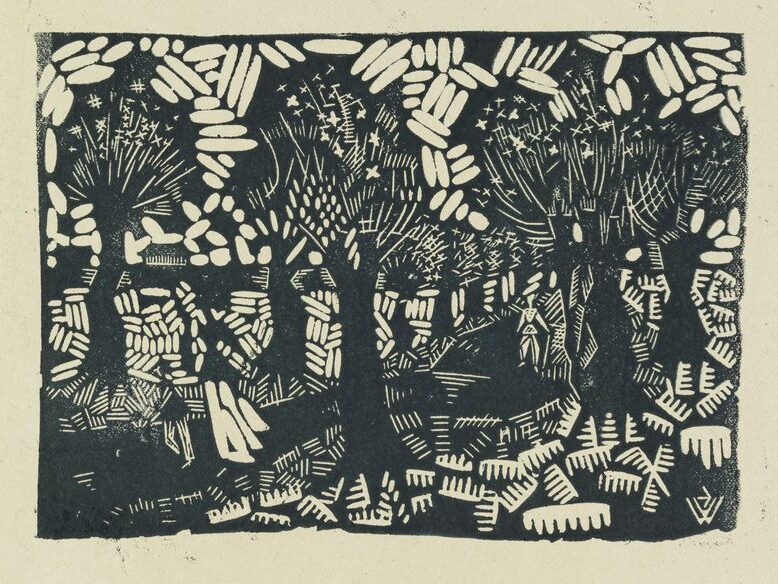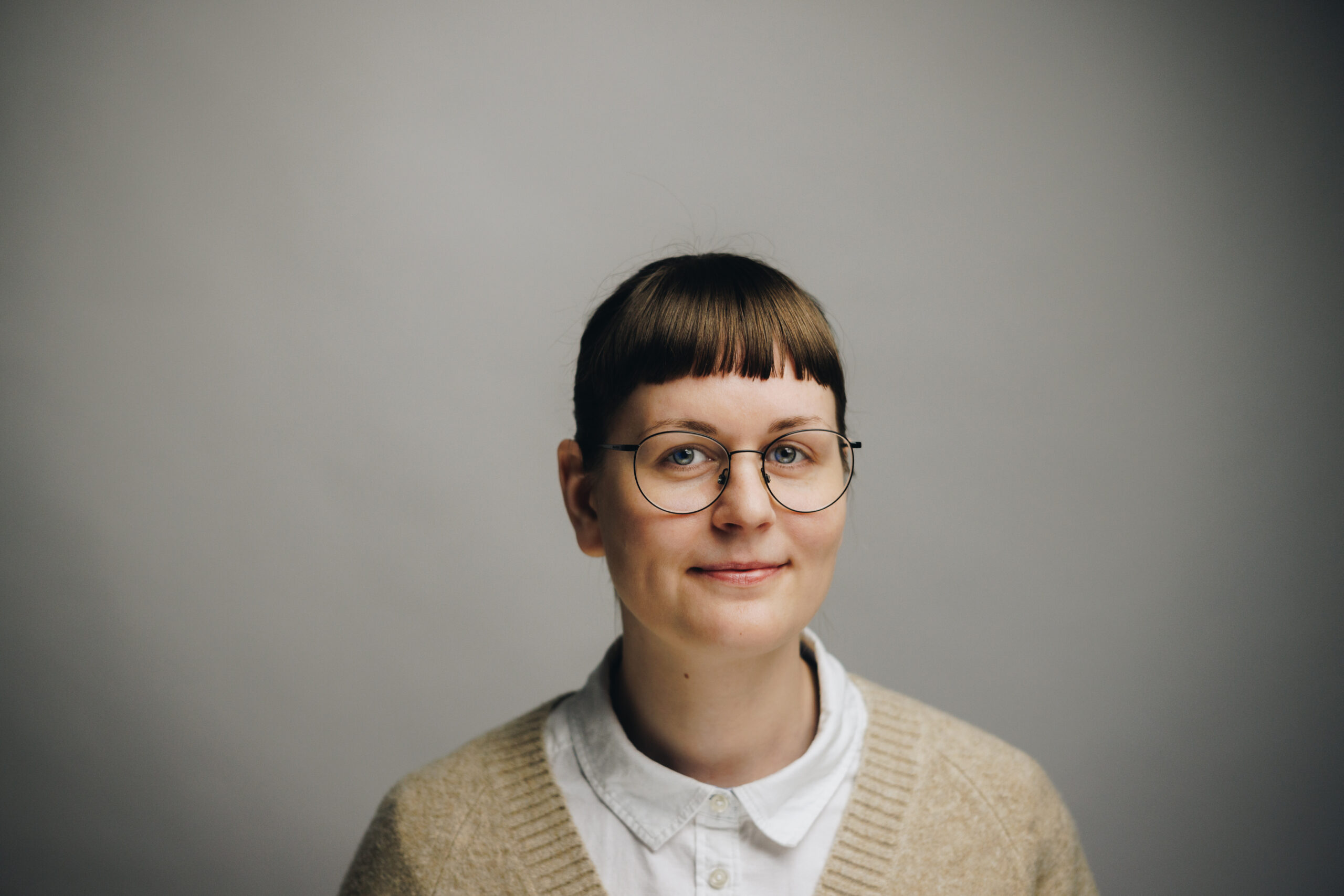
The Race
I carry within my heart a broken landscape like a panorama traced upon a foggy window by fingertip. Villages devoured by oil shale mines, desiccated bogs, and the voiceless place-wounds of polluted rivers, into the lacerations of which the future’s wind plants hopes of revival. Facing violence, I lean upon resilience, upon the incessant thirst for life, upon the ability to germinate where others have not. I will never know what it feels like to grow up in a protected area, but I know how to cherish ravaged places; how to be a runner who falls behind in the race towards extinction.
Translated by Adam Cullen
Coot
A black coot on cloudless water shifts its wings and pecks at plants and little concentric ripples surround it. Twilight seeps into the world from its feathers, swabbing lilies’ silhouettes around the pond and the emptied, tattered bread bag before them. Night stretches at the speed of fingernail growth, dredging up words’ star-wrecks, through the eyes of which brave coal-black creatures dart in and out. The braille of a jackdaw flock rests on the outstretched branches of a maple, the prayer-mill of the sun and the moon revolves around the city.
Translated by Adam Cullen
stairs
going down the stairs
I’m always one step ahead of myself.
the conflict between mover and movement
is impossible to solve – why should everything stay the same?
why should anything be renewed through change?
the choices
that lead to one of these being fulfilled
are like shelves crammed with jam jars –
so similar and yet so different.
things should stay unchanged here, but still –
the potatoes have sprouted white bristling hair
next to the wall a crumpled mouse skeleton
shaped like a crescent moon. something always waxes
something always wanes.
a damp future rises up from the stone floor
past my ankles ever higher, runs over
the top of my rubber boots. guess
which of these it is –
a woman’s water breaking
or the beginning of the flood?
Translated by Jayde Will
tourist visa
it was July when I returned to that old house
by the woods in the middle of a busy hay harvest –
this is why no one had noticed it.
all that was left of the two green military barracks
were some piles of bricks
the outlines of rooms, corners and thresholds
still detectable in the grass
that had grown tall, still familiar
to my hands and feet. even the asphalt roads
had surrendered to the onslaught of grass
except for a few lonely patches
the ceiling had collapsed, along with
that thing I couldn’t find a name for back then
when I was five years old – but now?
now blackcurrants and gooseberries.
white translucent apple trees
grow through frameless windows
through non-existent walls
right into the kitchen and living room
beneath a piercingly blue sky.
it didn’t seem like they remembered much
at all from their life as pruned garden plants.
Translated by Jayde Will
blackout / arrival
close the curtains
to hide yourself. in the blackout
the city dissolves into the landscape
in the world’s closing fist.
when the air raid comes
they might crush and destroy you
but this way it’s harder to find you –
at least that’s what you hope.
when you
reached the opposite shore in a boat
the light left you speechless.
from that dark and ruined city
now to all these lights, the warmth
of domestic life shining through
the brightly-lit windows
everything you missed for so long –
the normality and ordinariness
left you at a loss for words.
seventy years later in this city on this street
in the same apartment you once left behind
someone pores over your letters
tries to understand this moment.
perhaps this person is me.
what do I know
about darkness
and the light that follows it?
what would you say if you saw my struggle
to will myself beyond my peaceful surroundings
of switches, lamps and screens –
doorways into an endless space?
I imagine holding my breath
while I wait inside a tightly closed fist
where no pairs of car lights
part the darkness ahead
a place no ringing
of a phone can reach.
a place no lamp turns on
above the front door to light the way
for the one who arrives home so very late.
Translated by Jayde Will
ABOUT THE AUTHOR
Maarja Pärtna (b. 1986) is an Estonian poet, translator, and editor whose writing focuses on ecological grief, climate anxiety, and the relationship between humans and more-than-human life. She is the author of six poetry collections, including Vivarium (2019), which combined environmental themes with historical trauma, and The Living City (2022), which turned toward urban ecosystems and post-industrial landscapes. Her most recent collection, On the Edge of Resurrection (Ülestõusmise serval, 2024), received the Estonian Cultural Endowment’s Annual Award for Literature. Her poems have been translated into more than ten languages, and she has also translated essays by Kathleen Jamie, Margaret Atwood, Edward Said, and Robert Macfarlane. Pärtna lives in Tartu, where she was appointed City Writer in 2024.
The poems featured here are from Maarja Pärtna’s collections Vivarium (2019), which was first published in Estonian by Elusamus and later translated into English by Jayde Will, with the English edition published by The Emma Press in 2020, and The Living City (2022).
